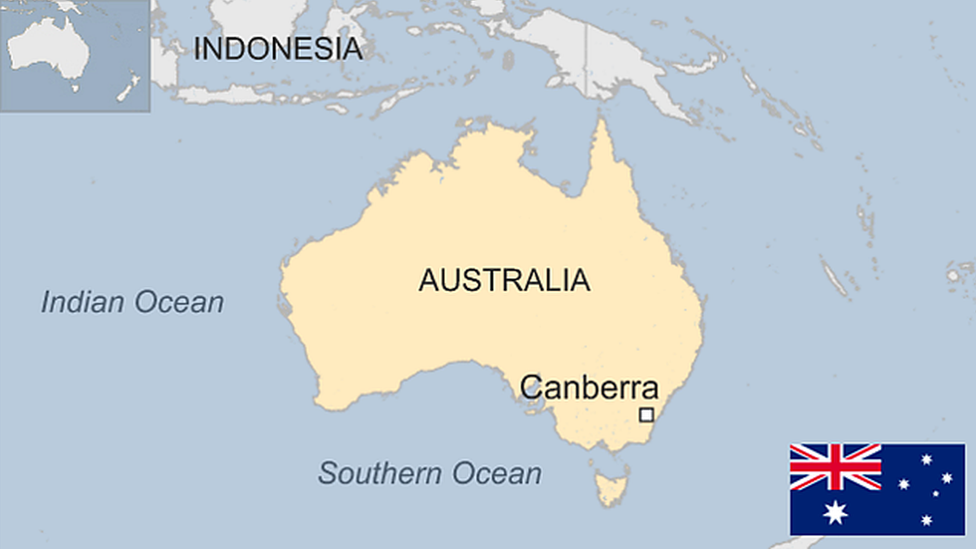East Timor country profile
- Published
This page is no longer being updated. It was last updated on 5 June 2023
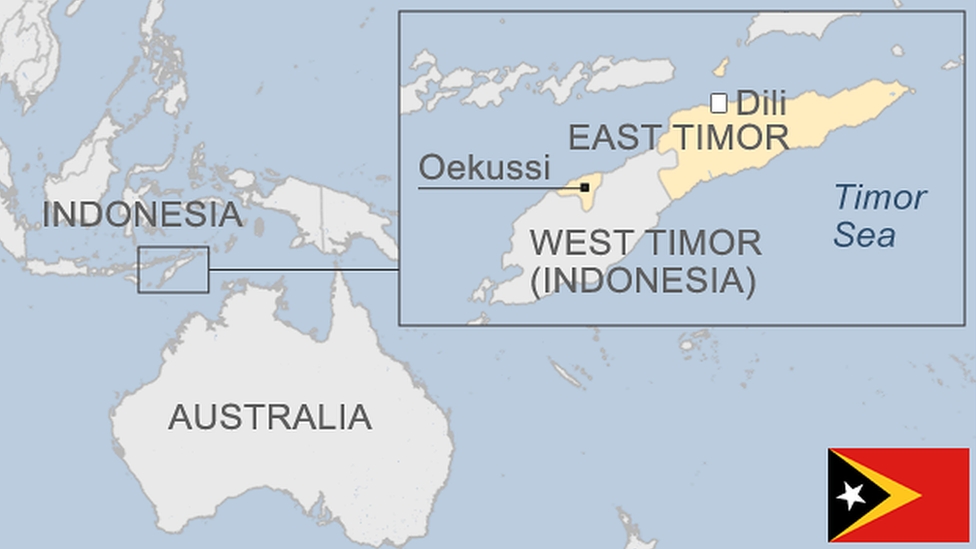
East Timor or Timor-Leste's road to independence - achieved on 20 May 2002 - was long and traumatic.
The people of the first new nation of the century suffered some of the worst atrocities of modern times in their struggle for self-determination.
When their Portuguese colonial masters withdrew in 1975, Indonesia claimed the territory for itself and ruthlessly suppressed the independence movement.
Eventually the UN took over the administration and supervised the territory's transition to independence.
Read more country profiles, external - Profiles by BBC Monitoring, external
DEMOCRATIC REPUBLIC OF TIMOR-LESTE: FACTS
Capital: Dili
Area: 14,874 sq km
Population: 1.3 million
Languages: Portuguese, Tetum, plus others
Life expectancy: 66 years (men) 70 years (women)
LEADERS
President: José Ramos-Horta
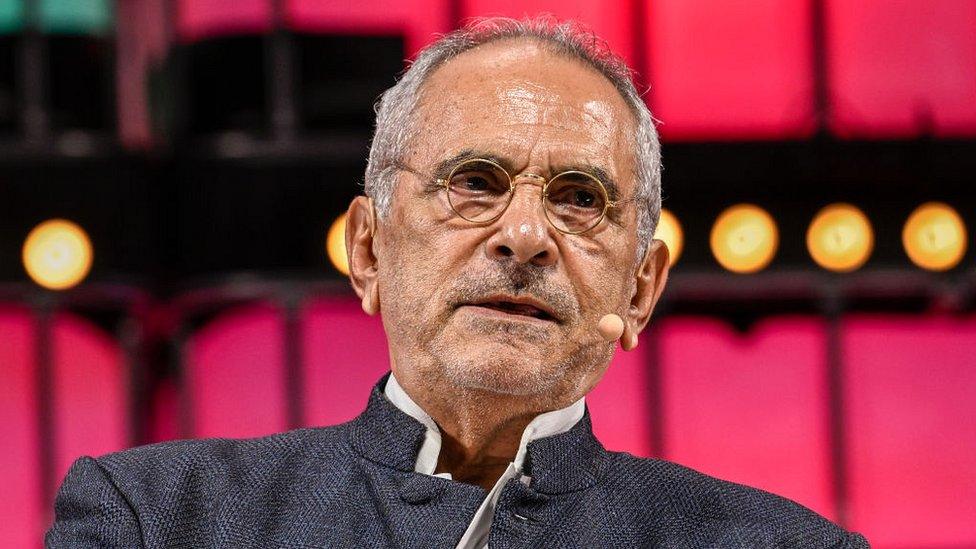
José Ramos-Horta was elected president in May 2022. He had previously been president from 2007-2012 - during which he was shot during an attempted assassination. He was co-awarded the 1996 Nobel Peace Prize, along with Carlos Filipe Ximenes Belo, for working for peace in East Timor.
A founder and former member of Fretilin, he was the exiled spokesman for the resistance movement during the Indonesian occupation. He became the country's first foreign minister after independence in 2002.
He came out of retirement to contest the 2022 presidential election, saying that the then president, Francisco "Lu-Olo" Guterres had violated the constitution.
He campaigned on platform of alleviating poverty, increasing healthcare services for mothers and children, as well as boosting job creation.
The president has limited executive power. He chooses the prime minister after elections.
MEDIA
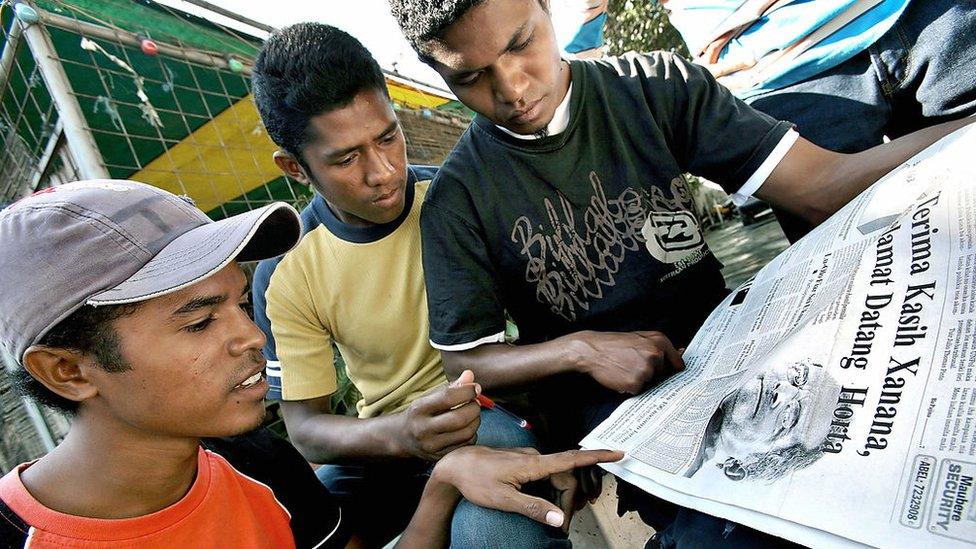
The country's media are among the freest in the region. There are many publications in Tetum, Portuguese and even English. Radio Televisaun Timor Leste is the main broadcaster.
There are a handful of daily and weekly press titles but a low rate of literacy combined with the cost of newspapers compared to average incomes, limits readership outside the capital, Dili.
Radio is the most popular medium and there are several community radios on air.
TIMELINE
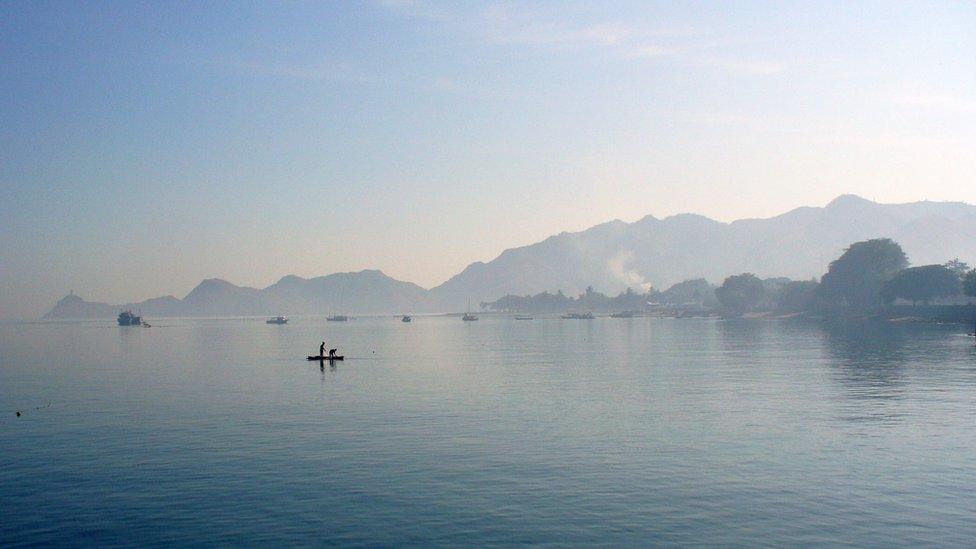
Some key dates in East Timor's history:
1600s - Portuguese establish a trading post on the island, having being driven out of other islands by the rival Dutch. They use the island as source of sandalwood.
1749 - Timor is split following battle between Portuguese and Dutch. Portuguese take the eastern half.
1800s - East Timor sees little investment by the Portuguese until the late nineteenth century. Even when Portugal established actual control over the interior of its colony, investment remains low Sandalwood remains the main crop until coffee exports became significant in the mid-19th Century.
1939 - Outbreak of World War Two.
1941 - Allies briefly occupy Dili.
1942 - Japanese forces conquer the region, including East Timor. The mountainous interior sees a long guerrilla campaign by East Timorese volunteers and Allied forces. Between 40,000-70,000 civilians are killed. Japanese drive out the Australian and Allied forces in early 1943. Japan in control until 1945.
1950s - Portugal begins investment in the colony, but economic growth remains low.
1974 - Coup in Lisbon leads to a new Portuguese government that begins policy of decolonisation.
1975 - Portuguese administration withdraws to offshore island of Atauro. Five Australian-based journalists killed along border with West Timor, allegedly by Indonesian troops. After brief civil war, left-wing Fretilin party unilaterally declares East Timor independent.
Indonesia invades, using its fight against communism as a pretext. It annexes territory in a move not recognised by the UN. More than 200,000 people - a quarter of the population - killed by fighting, famine and disease that follow the invasion and during Indonesian occupation.
1981 - Xanana Gusmao becomes leader of Falintil (Armed Forces of National Liberation of East Timor), the armed wing of Fretilin.
1991 - Santa Cruz cemetery massacre in which troops fire on mourners at a funeral in Dili of Fretilin supporter, killing more than 250 people.
1992 - Gusmao is captured near Dili. In 1993 he is convicted of subversion and given a life sentence which is later reduced.
1996 - Acting Bishop of Dili, Carlos Belo, and resistance leader Jose Ramos-Horta jointly awarded Nobel Peace Prize, raising international awareness of the East Timorese independence struggle.
1998 - Indonesian President Suharto resigns. Replaced by Bacharuddin Jusuf Habibie, who suggests territory may be given special status within Indonesia.
1999 - Indonesia says it will consider independence for East Timor if people reject autonomy. Gusmao moved from Jakarta prison to house arrest. In response to increasing violence by anti-independence activists, Gusmao orders guerrillas to resume independence struggle.
Indonesia and Portugal sign agreement to allow East Timorese to vote on their future. After 78% of voters opt for independence, anti-independence militias resume a campaign of terror. UN takes over administration and prepares territory for independence. Australian-led peacekeeping force arrives. Gusmao released.
2002 - East Timor becomes independent. East Timor and Indonesia sign two agreements aimed at easing relations. Xanana Gusmao wins presidential elections.
2005 - East Timor, Indonesia sign landmark border agreement during Indonesian President Yudhoyono's first visit to Dili since coming to power. Remaining Australian peacekeepers leave.
2006 - East Timor and Australia sign a deal to divide expected revenues from Timor Sea oil and gas deposits. Talks on a disputed maritime boundary are postponed.
Report on alleged atrocities during Indonesia's 24-year rule is presented to the UN. It finds that the occupation was directly responsible for the deaths of more than 100,000 East Timorese.
2006 - Foreign troops arrive in Dili to try to restore order as clashes involving former soldiers descends into wider factional violence. Non-military peacekeeping mission, the UN Integrated Mission in East Timor, or Unmit, is set up.
2007 - Prime Minister Jose Ramos-Horta wins presidential election.
2008 - President Ramos-Horta is shot in the stomach by renegade soldiers. Rebel leader Alfredo Reinado is killed in the attack.
2009 - Indonesia says ties with Australia may be harmed by a war crimes inquiry into five Australian journalists who died during the Indonesian invasion of East Timor in 1975.
2010 - A court convicts rebels over the attempted assassination of the president in 2008, jailing them for up to 16 years. President Ramos-Horta later pardons them or commutes their sentences.
2011 - East Timor applies to join Asean.
2012 - UN ends peacekeeping mission.
2017 - Australia and East Timor reach a breakthrough agreement on their maritime border, ending a decade-old row.

East Timorese mark the 30th anniversary of the 1991 Santa Cruz massacre in Dili, when Indonesian troops killed more than 250 protesters during a memorial service
Related topics
- Published25 October 2024
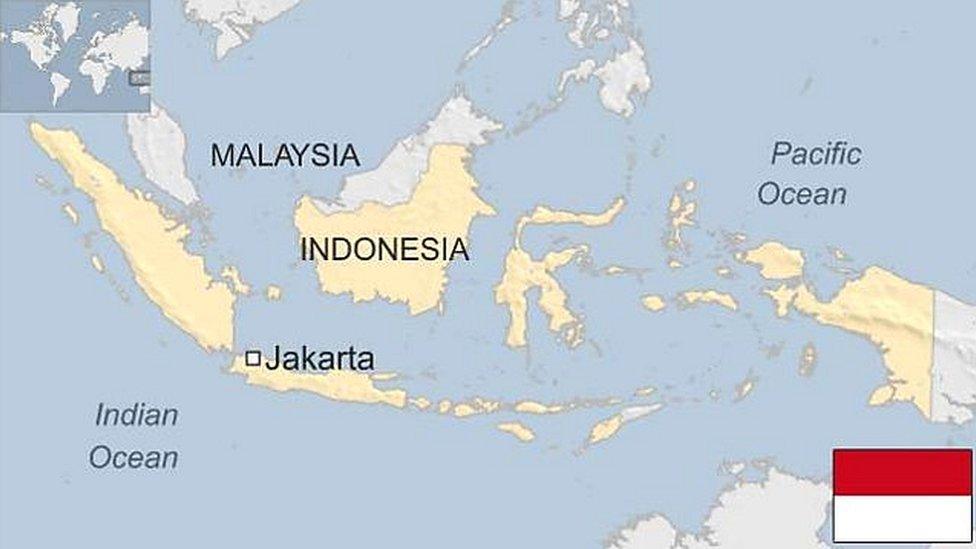
- Published5 July 2023
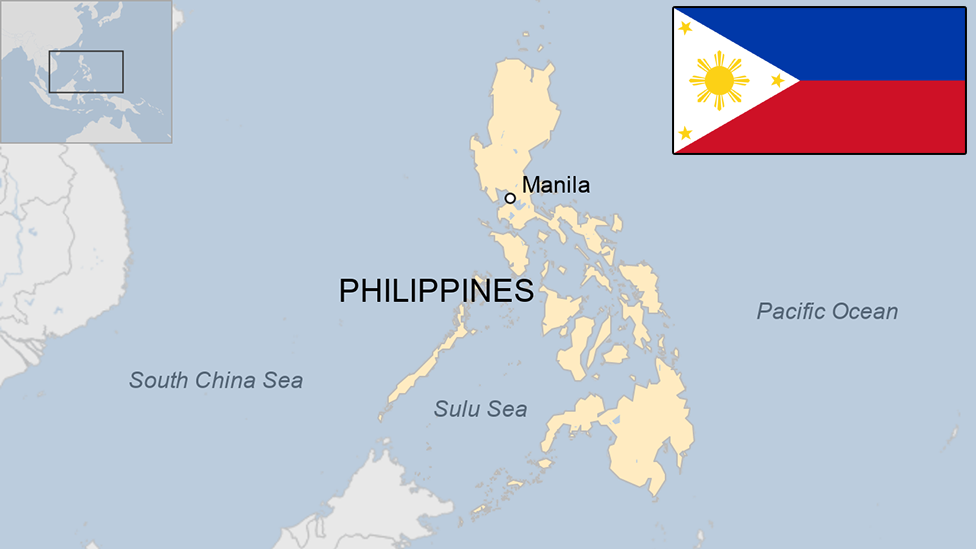
- Published19 December 2023
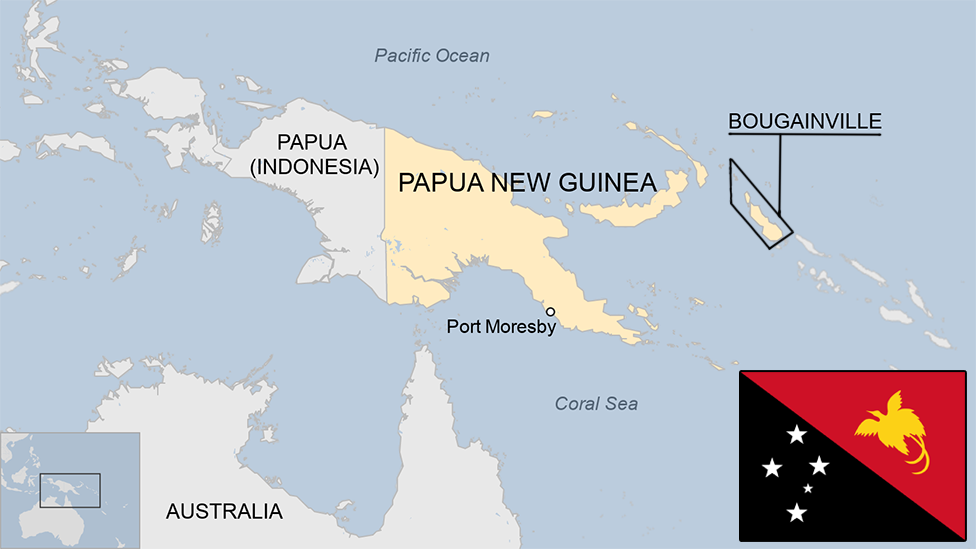
- Published21 May 2024
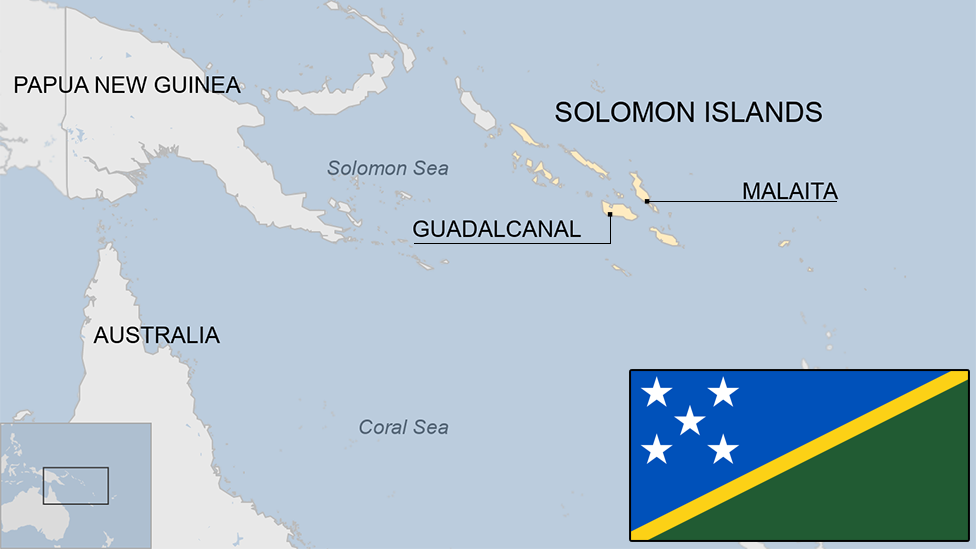
- Published14 April 2023
